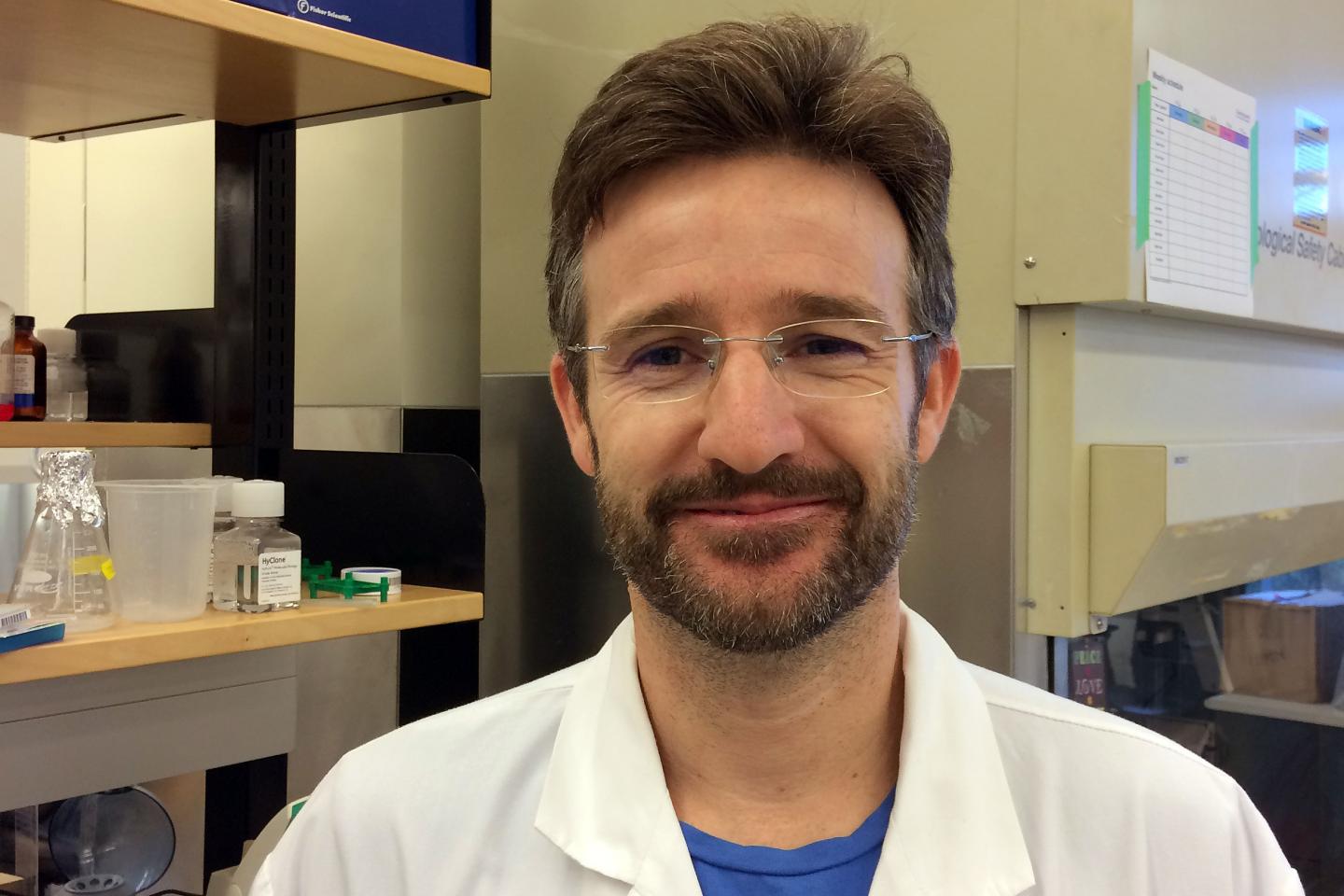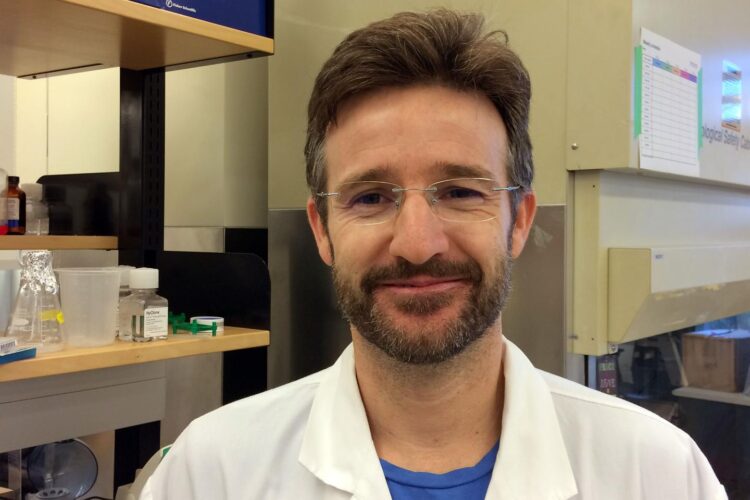Recently published in Nature Communications, the study advances in the evolution of resistance to different tumor inhibitors with a view to developing more effective therapies in the future

Credit: University of Malaga
The international study “Resistance to targeted therapies as a multifactorial, gradual adaptation to inhibitor specific selective pressures”, recently published in the scientific journal Nature Communications, has taken a further step in the development of new therapeutic strategies to treat lung cancer.
This study, the result of more than three years of research, was conducted at the Moffitt Cancer Center in Tampa (Florida, USA) and makes progress toward the evolution of resistance to different tumor inhibitors. Scientist Robert Vander Velde is the main author of it.
“Although the use of specific inhibitors targeted against a tumor often induces good clinical results at initial stages, certain cell populations might not be completely eliminated, acquiring resistance to treatments and developing relapse as tumor recurs”, explains Diego Lozano, researcher of the Supercomputing and Bioinnovation Center (SCBI) of the University of Malaga (UMA) and one of the authors of this study.
Resistance to tumor inhibitors
Using an in vitro model of isolated ALK positive cells of a specific type of lung cancer, namely, non-small or non-microcytic cell lung cancer, researchers explored the evolution of resistance to different clinical ALK inhibitors.
“We demonstrated that the acquisition of resistance to tumor inhibitors not only arises from the pre-existence of cell subpopulations in mutations that enable tumors to survive drugs, or due to emergence of point mutations that confer such resistance, but from a gradual and predictable adaptation to the selective pressures of the different ALK inhibitors, at the genetic and epigenetic level”, says the researcher of the UMA.
Opportunity for more effective therapies
Lozano explains that during the evolution of drug resistance, intermediate cell populations present collateral sensitivity to other inhibitors, thus providing a temporarily opportunity to apply effective therapies.
“The findings of this study could be transferred to other similar scenarios, where tumors also acquire therapy resistance”, clarifies Lozano, who guarantees that by understanding the evolutionary mechanisms and trajectories of drug resistance in tumor cells, evolutionary-informed therapies could be designed.
###
Particularly, the contribution of this scientist of the Genomic Unit of the UMA took place for four months at the end of 2017, when Lozano joined the team led by the highly respected Dr. Marusyk in Tampa thanks to an IMP grant, developed by IMFAHE in collaboration with the UMA, through the Vice-Rectorate for Research and Transfer, and Andalucia TECH.
Bibliography:
Vander Velde R, Yoon N, Marusyk V, et al. Resistance to targeted therapies as a multifactorial, gradual adaptation to inhibitor specific selective pressures. Nat Commun. 2020;11(1):2393. Published 2020 May 14. doi:10.1038/s41467-020-16212-w
Media Contact
María Guerrero
[email protected]
Related Journal Article
http://dx.





